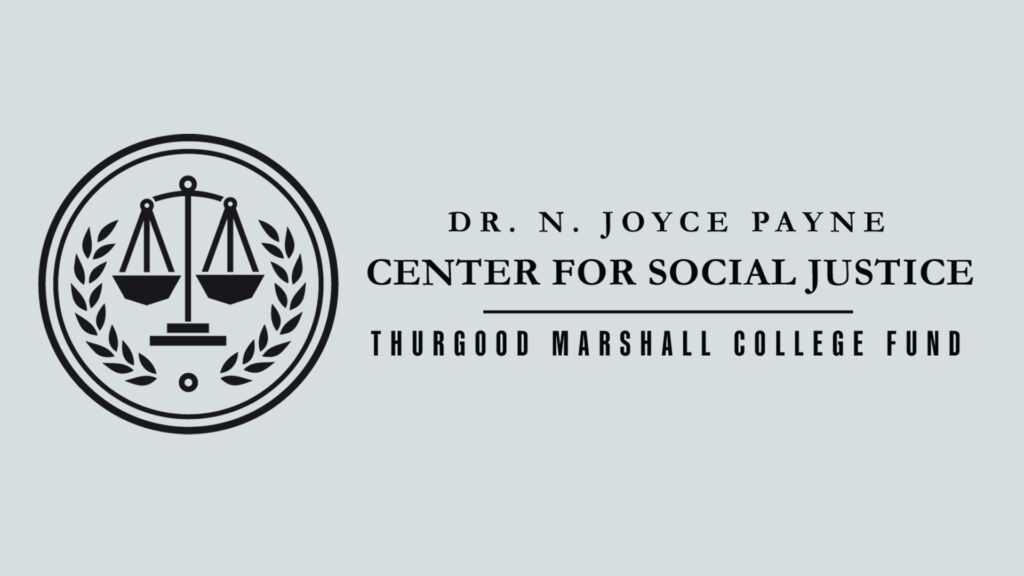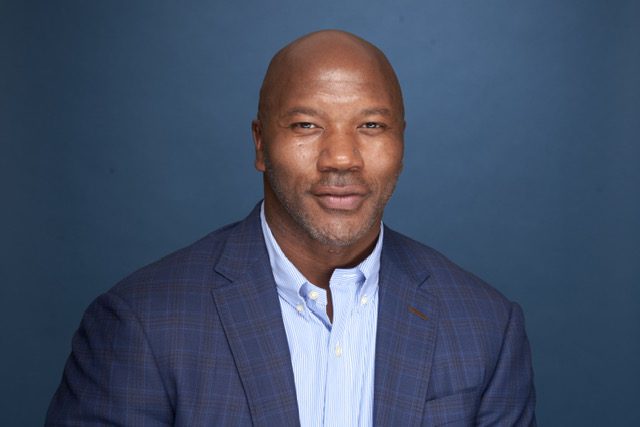In the contemporary campus climate, that lovely stretch from the latter half of April to the first blush of May is also controversial commencement speaker season. The most contested, in a year in which her raked-over confirmation proceedings garnered outsize news coverage, will probably be Betsy DeVos—who’s scheduled to address graduates next week at Bethune-Cookman University in Daytona, Florida, a historically black college.
The official announcement on Monday that DeVos would address Bethune-Cookman’s graduating class—by then “one of the worst kept secrets in Daytona Beach”—met a still-mounting pushback. Critics contend the secretary of education’s support for school choice and student loan deregulation puts her at odds with the school’s beloved namesake: educator and civil rights leader Mary McLeod Bethune. Bethune famously founded a girls’ school—that would become a women’s college, and then a co-ed school—from humble beginnings with just five students, piddling funds, and a brave vision.
A petition to disinvite DeVos has predictably surpassed its 5,000-signature goal. The petition invokes an early fumble of the secretary’s: In a prepared statement marking the meeting of 80 HBCU chancellors and presidents, she said, “HBCUs are real pioneers when it comes to school choice.” Department staffers were quick to acknowledge the error in linking these schools, founded when all others barred African-American students, to a brand of education reform that promotes parents’ freedom to send their children to the K-12 school of their choice—adding that HBCUs were “born, not out of mere choice, but out of necessity, in the face of racism.” (Tim Scott of South Carolina, the Senate’s chief HBCU advocate, acknowledged the gaffe at a press conference the following day, saying simply, “Clarity in your statements is always important.”)
Some hiccup was bound to overshadow the significance of 80 HBCU presidents meeting at the White House and on Capitol Hill, where these leaders, undeterred, made their case for a $25 billion infrastructure investment and the restoration of year-round Pell grants. And they welcomed a burst of public attention to HBCU advocacy, even amid distractions seemingly typical of the Trump transition: DeVos’s statement and a viral snapshot of Kellyanne Conway perched on a sofa in the Oval Office just after having photographed the HBCU presidents standing with Trump.
There was more to that day than met the public eye. Johnny C. Taylor, Jr., president of the Thurgood Marshall College Fund, a national organization supporting and representing HBCUs, told me he received confirmation Thursday from the White House’s Domestic Policy Office that one of the college presidents’ two big “asks” would be granted—all because of the February meetings. The president’s comprehensive budget proposal for next year, expected this month, will include funding for year-round Pell grants. Restoring summer Pell, which Congress approved already for this year’s budget, is a big win for HBCUs and their students, who are disproportionately low-income. And, “It was specifically a result of our work,” Taylor said, describing consultations with White House domestic policy aide Ja’Ron Smith, after the February meetings, about the crucial importance of Pell grants.
Bethune-Cookman president Dr. Edison O. Jackson invited Secretary DeVos to speak at commencement right then and there at the White House meeting, I’m told. And, at some point since, she accepted, despite the inevitable controversy. “I give her credit for being willing to go into a situation you know is going to be met with some degree of hostility,” Taylor said. “It’s not like Barack Obama walking into Morehouse.”
Whether the White House’s efforts will make a substantial difference in these schools’ institutional health and longevity remains to be seen. HBCUs and their funding and maintenance needs, unique within higher education, are too often misunderstood—if they’re known at all. Many struggle to retain students and keep up graduation rates at nationally competitive levels. And Trump-era attention to HBCU advocacy has conspicuously contrasted a complicated low-point of his predecessor’s legacy.
As THE WEEKLY STANDARD previously wrote—
It was, foremost, the former president’s dismissive and unfounded criticism of HBCUs that cast him their enemy. The damage Obama did to HBCUs was reputational insofar as his disparaging remarks permitted everyone to think less of HBCUs, and HBCUs to think less of him.
The president’s commencement speech at Morehouse College in 2013 was, for some, too close for comfort to preaching “respectability politics”—an instructive sermon on how black men should and shouldn’t behave. […] The value of the first black president’s endorsement cannot be overstated—and the damage done by the opposite? For many the perceived insult still stings, [President of Dillard University in New Orleans, Walter] Kimbrough said. “A lot of people took that as a slap in the face because that’s coming from the president.”
And what’s worse for an Obama supporter like Kimbrough, and so many in the HBCU community, is that Obama showed he didn’t understand the challenges facing these schools that primarily serve low-income students. “If you have a student population that is high-Pell Grant, that has a lot of financial need, all of those institutions regardless of race have lower graduation rates.”
HBCUs serve a student population that is less likely to succeed at an expensive, majority white liberal arts college or big state school. They and their students need, at least, to be heard.
Both Obamas have spoken at black colleges multiple times—she at Jackson State University and he at Howard as recently as last spring. Presidents and Cabinet members do regularly address HBCU graduations. In 1965, Lyndon Johnson told graduates of Howard University, “In every corner of every continent men charged with hope contend with ancient ways in the pursuit of justice,” and outlined a White House conference aiming “to help the American Negro fulfill the rights which, after the long time of injustice, he is finally about to secure.” George H.W. Bush addressing Hampton University in 1991 faced a silent protest: Students sat during “Hail to the Chief.” And in 2015, in the shadow of an update to credit criteria that deemed thousands ineligible for loans and dramatically dinged HBCU enrollment, then Education Secretary Arne Duncan delivered the commencement speech at North Carolina Central University.
If DeVos had declined? “The headlines would be, come June, ‘No Member of this Administration Visited an HBCU for Commencement,'” Taylor pointed out. He also told me he’ll be meeting with her on Thursday, a continuation of a quick side conversation they’d started in the White House: She’d said reform should precede funding, to which he’d countered that effective reforms to historically and currently under-funded institutions require resources.
Back in February, college presidents, even those who regarded the Trump administration lukewarmly at best, looked ahead to these meetings with a cautious optimism. Walter Kimbrough, president of Dillard University in New Orleans, said at the time that those critical of Obama’s negligible outreach and dismissive statements should at least entertain any effort on the part of this White House to hear about the unique needs of HBCUs: “You will have a lot of those same people who’ll say President Obama didn’t do anything for HBCUs—so the question is, do we not do anything with anybody that’s not acceptable?”
“We didn’t have the same opportunity before with President Obama,” President Kimbrough said, referring to the February meeting. “Do you pass it up because you don’t like the person who’s providing the opportunity? Some people are going to have to get over that.” He told me during a break from the next day’s meetings on Capitol Hill that, as much as he liked what these lawmakers were saying, he’d just as soon wait for the president’s budget in May: “That is promising, that there are some people open for this dialogue, but in the end, it’s all about the budget.” Now, two months later, they’ve reportedly given word to Taylor—but those looking first for real results will wait a few weeks to see it writing.
By then, a brimming class of Bethune-Cookson seniors will have crossed the stage, degrees in hand, with Secretary DeVos looking on.
President Jackson followed Monday’s announcement with a letter to the college—where anti-DeVos protests had already taken shape—that invoked its founder’s fondness for meaningful debate:
Dr. Mary McLeod Bethune, our venerable founder, did all that she could during the nascent stages of this institution to equip her students with the necessary skills to navigate the precarious waters of fundamental disagreement. She modeled this by interacting with and uniquely engaging those who had to be convinced of her mission to provide education to her people. Dr. Bethune depended upon the support of people who were scattered all along the ideological and political spectrum—some she agreed with, and some she did not. […] Perhaps Secretary DeVos, much like those early initial skeptics that Dr. Bethune invited to visit and speak on this campus, will be inspired by the profound work that occurs here with our students.
It’s true that Betsy DeVos traces her philanthropic impulse toward education reform to witnessing students’ success firsthand—and these stories mainly feature younger students, those for whom college remains a distant prospect. Graduates and their proud parents and families at that ceremony in Daytona next week may have a rare opportunity to turn her head. If protesters at Bethune-Cookman want to influence higher education policy, they might borrow a page from the college presidents who came to Washington.
Source: The Weekly Standard



